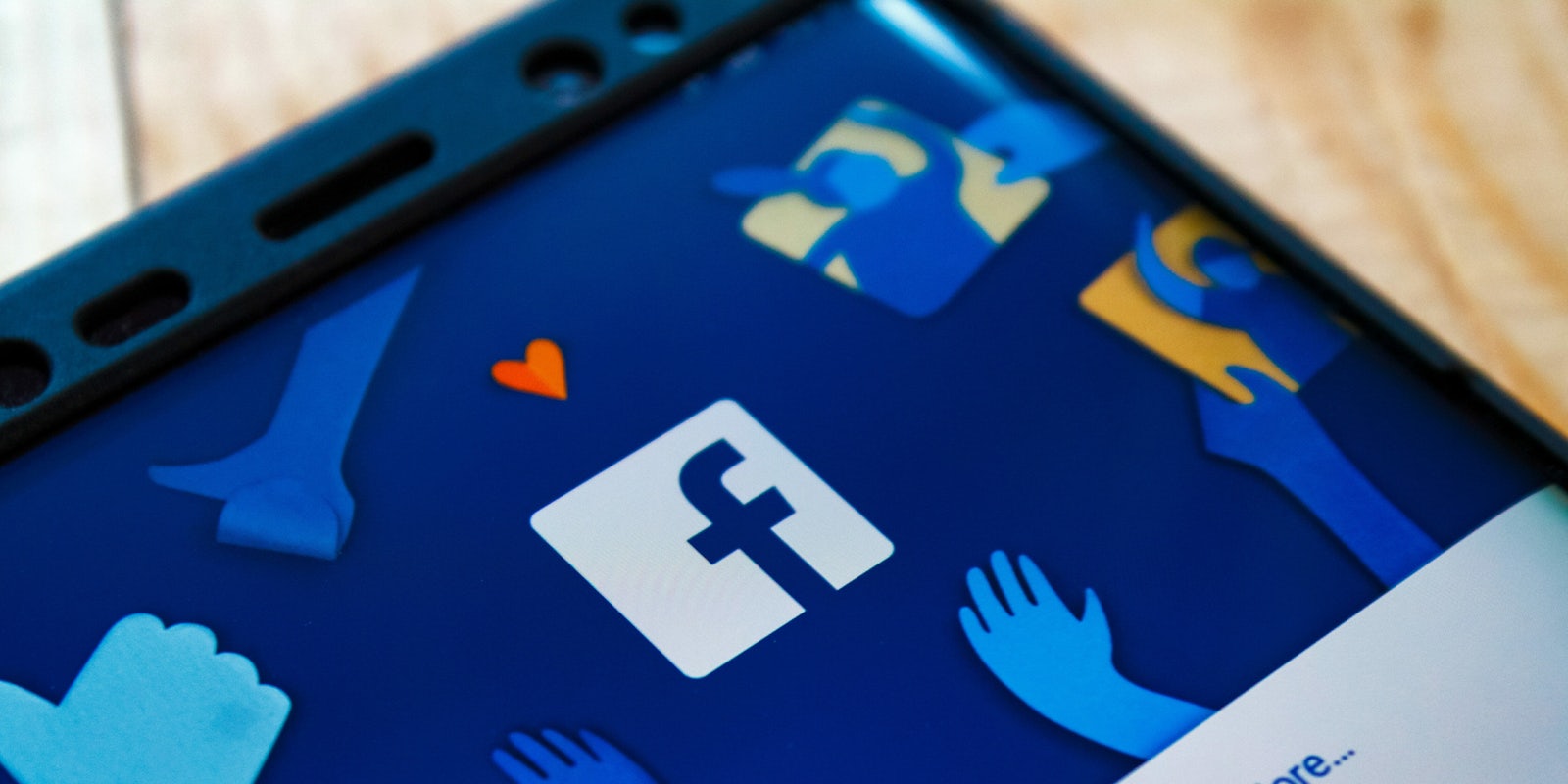Is being gay political?
A public database kept by Facebook reveals dozens of advertisements related to LGBTQ themes blocked by the company for supposedly being political, according to reporting by the Washington Post. Ads that invited guests to a fabulously flamboyant comedy show, a night celebrating Selena Quintanilla-Pérez with a screening of the 1997 film, or even just an invitation to the Long Island Pride Parade were all blocked in the months since Facebook rolled out its new policy.
The Post reports that Facebook said most of those advertisements were blocked in error. Using both automated and human monitors, the company’s system flagged these posts for being “political” despite a lack of distinctly political content. Yet some obviously political ads, like those promoting senators and advocacy groups, found no resistance from the ad-blockers.
Facebook officially changed its policy in late spring. Many of the people interviewed by the Post said that was when their problems with LGBTQ content began. Around 15 ads for the LGBT Network have been blocked so far, according to chief executive David Kilmnick.
Facebook’s new policy, aimed at better regulating the content posted on its platform, requires registration from any person or company seeking to promote content related to political parties or candidates. When Facebook received complaints, it responded by telling companies that their ads were related to civil rights and therefore were inherently political. It also invited companies to register as political entities through Facebook—a process that involves disclosing private information like a driver’s license number or passport and the last four digits of a social security number—in order to avoid ads being blocked.
H/T Washington Post

